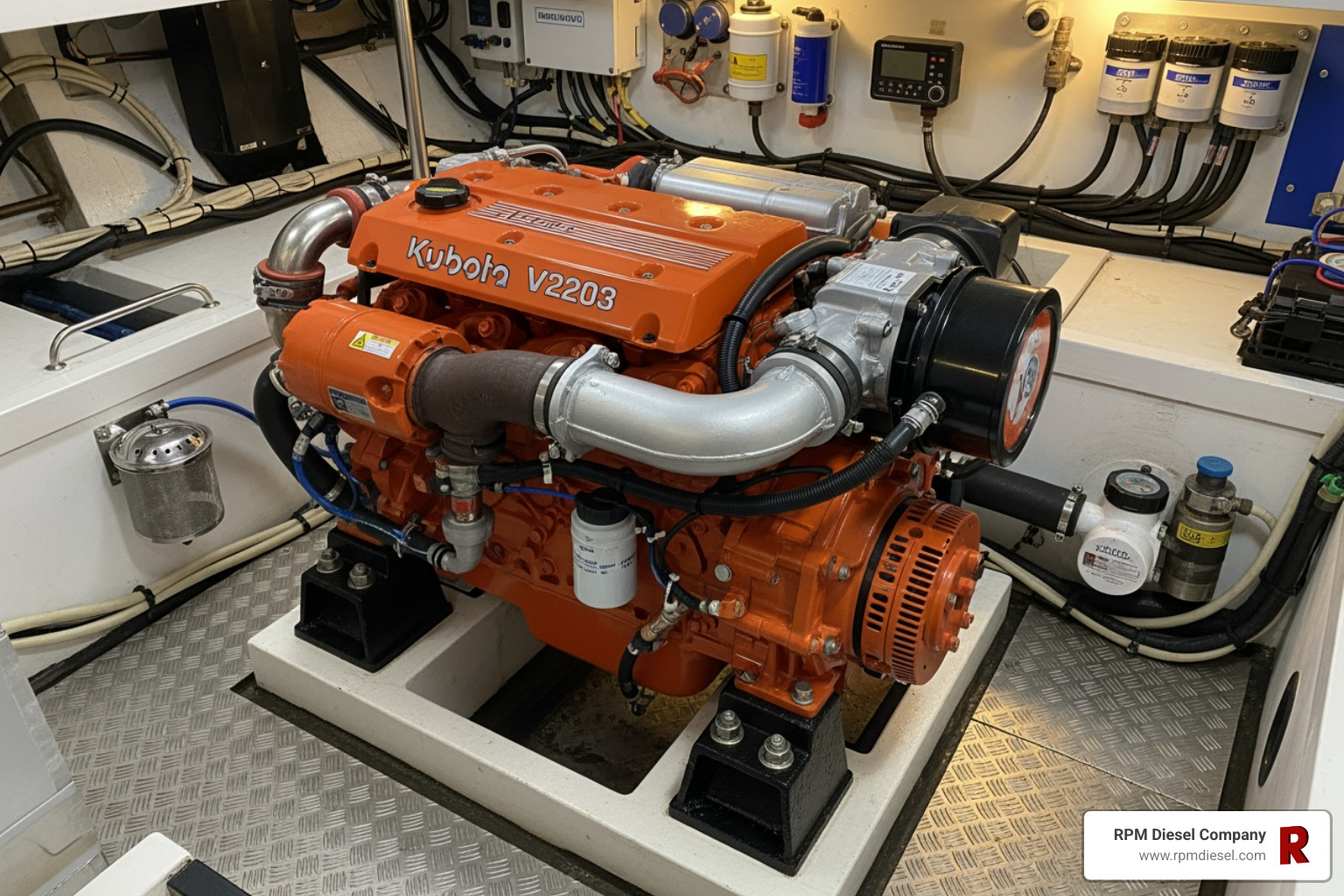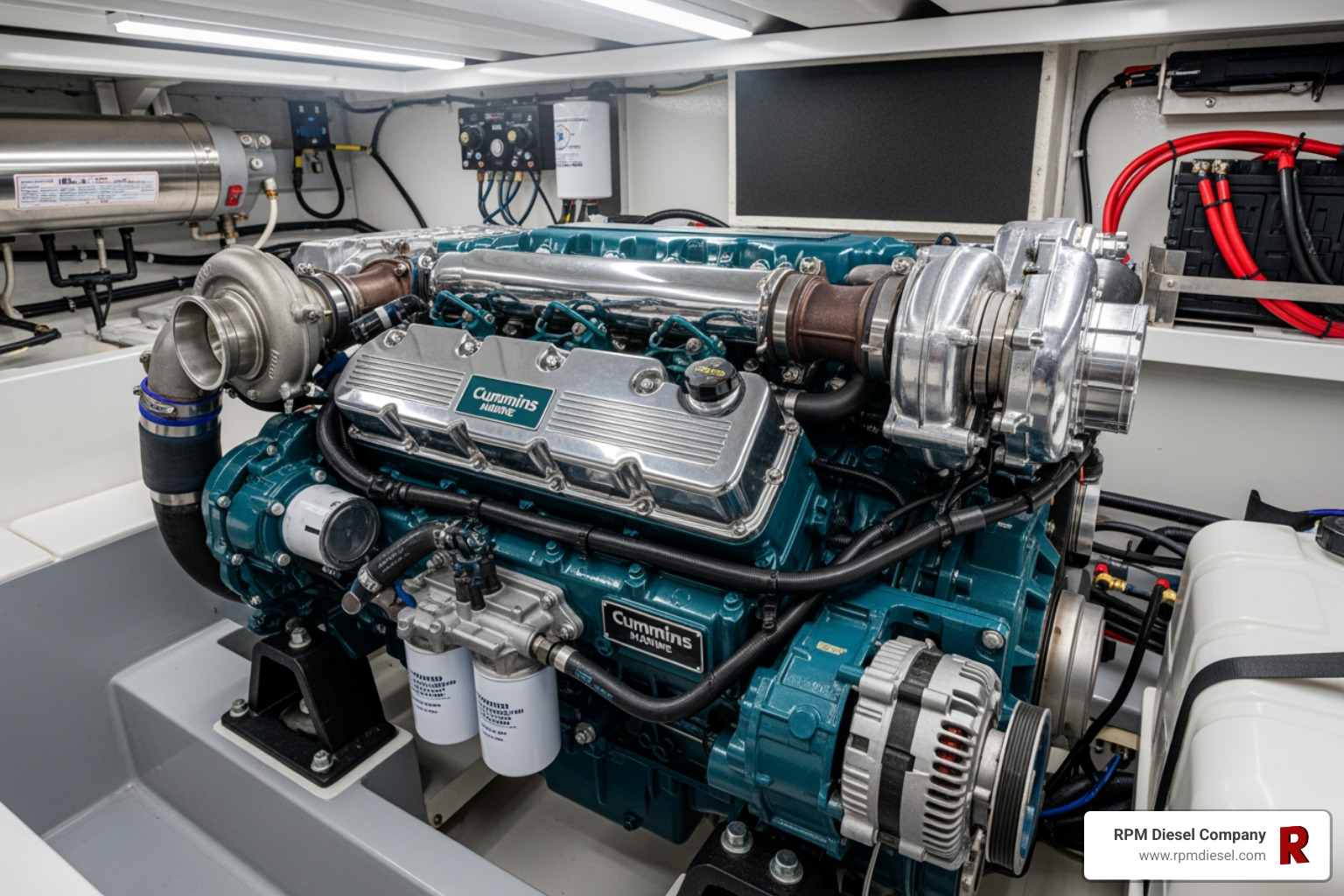Seasickness. For anyone who’s ever experienced it, even just the word is almost enough to make them want to lose their lunch. Seasickness, also known to mariners as Mal de Mer, is a form of motion sickness that can be particularly unpleasant and debilitating given the combined forces of the confining nature of boats and the unpredictably violent sea. It’s hardly a fatal condition to have, but the symptoms of nausea, stomach cramps, and dehydration due to excessive vomiting that are sure to accompany it make coming down with a case of seasickness a quick and sure-fire way to ruin any boating excursion. The condition occurs due to an imbalance in your body’s inner ear system caused by the unfamiliar and disorienting movement of the ship. While your eyes and brain recognize the usually-stationary objects on the ship, they’re not used to experiencing their surroundings as anything but still. This imbalanced movement causes distress to the portion of your brain that controls your body’s physical balance, the end result putting you on the floor the ship’s toilet or worse yet, over the railing.
Eventually, the brain adjusts to it’s new, moving environment as the sufferer gets their “sea legs”. This can take place in as little as few days, even without medical treatment. Unfortunately, as your body adjusts to life on the undulating sea, you’ll have to readjust to life back on dry land when the time comes to return to shore after a long-term voyage. Out of the frying pan and into fire! Surely there has to be something that can be done to help avoid getting seasick altogether! When enjoying your Marine Diesel vessel, there are indeed several things you do and other things that you can avoid to keep yourself from experiencing seasickness. There are three main things to avoid when out at sea to avoid getting ill: Firstly, do not spend extended periods of time below deck. Find a window or porthole if you cannot access the deck, and keep your eyes gazing, but never fixed, on the horizon in the distance. Secondly, never stare through binoculars for extended periods of time while enjoying the ship’s deck. Lastly, never stare at objects for too long that your brain would otherwise regard as stable in a normal environment. This is why reading books can in a moving vehicle of any kind can often bring about cases of motion sickness in people.
As with any disease of the mind, keeping busy is the easiest way to relieve yourself of seasickness symptoms. Fishing is always a great activity, and if you’re enjoying a cruise then there should be plenty of different activities for you to choose from. You’d be surprised how far a good distraction will go. If that won’t work, then try to stay on deck as much as possible and enjoy the fresh air, focusing on things other than the ship and its movement – lay down in a deck if at all possible and close your eyes, taking deep breathes. Stay hydrated and drink plenty water. And while it may seem like the absolute last thing you’d want to do with a queasy stomach, it is also highly advised that you do your best to eat something if you’re experiencing symptoms of seasickness, but try to avoid anything spicy or fatty if at all possible. If nothing else does the trick, the medications such as Dramamine and Bromine have been known to be effective for all kinds of motion sickness.
No one wants to get seasick, especially during the summer. By following all these tips, RPM Diesel Services can help you avoid and cure seasickness this boating season!






